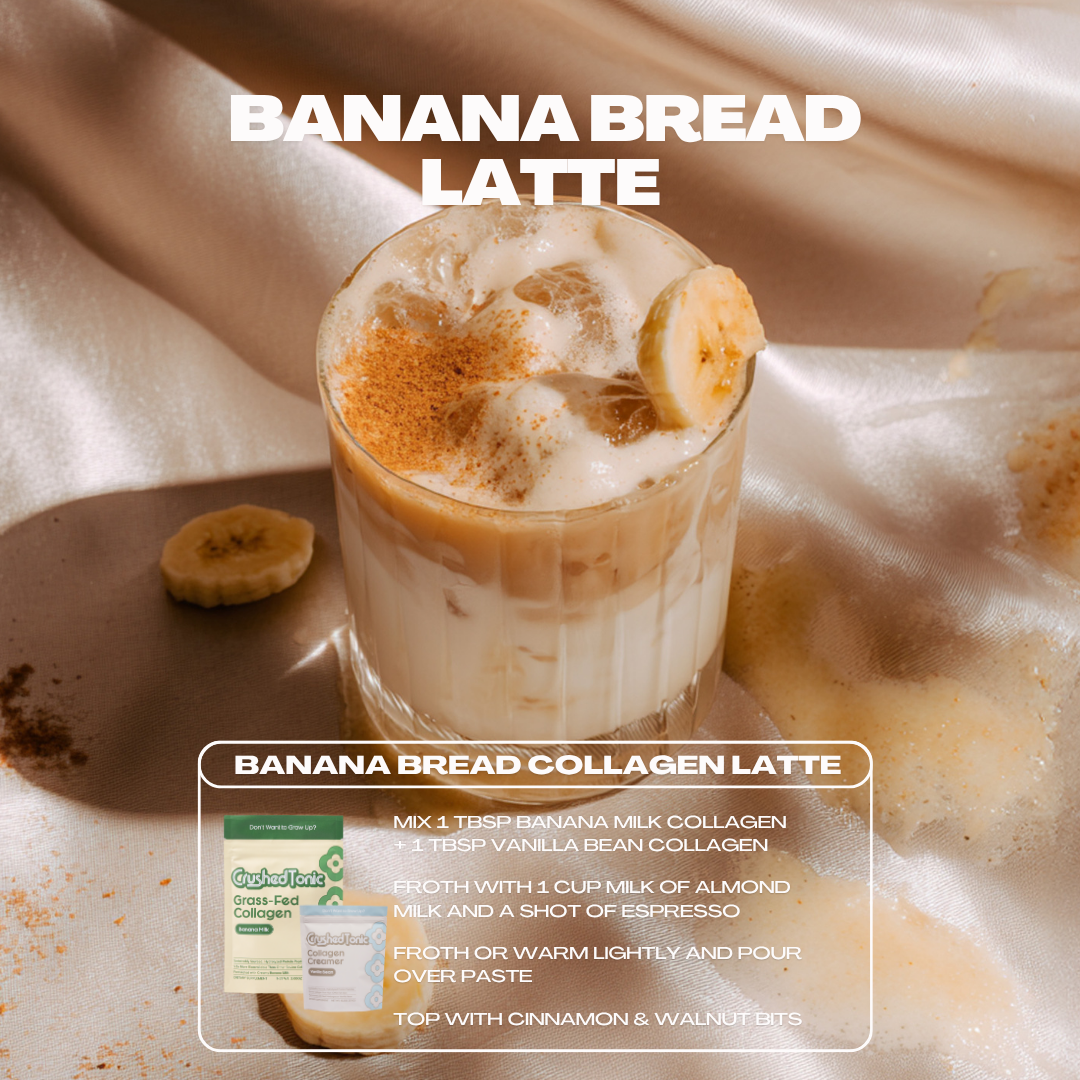
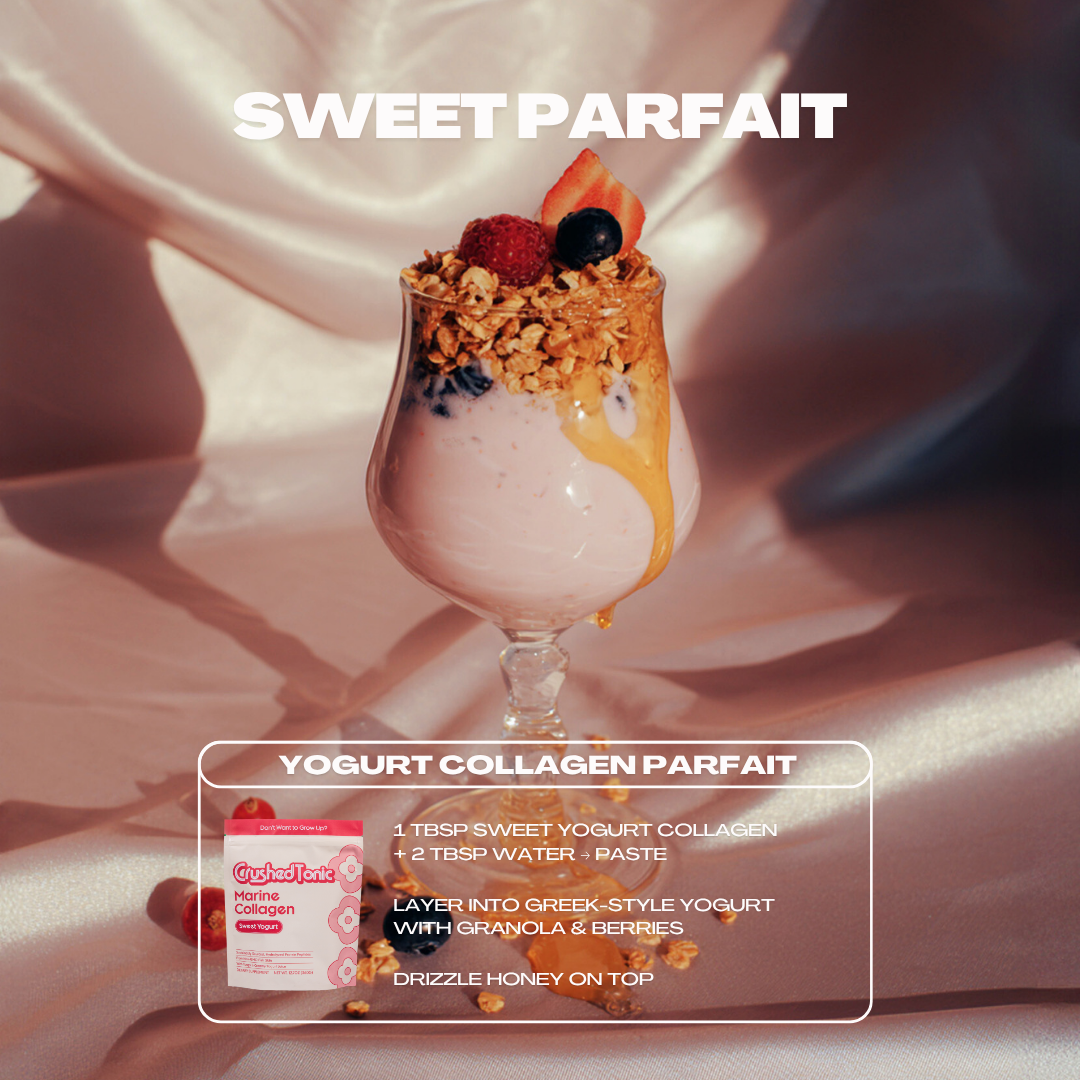
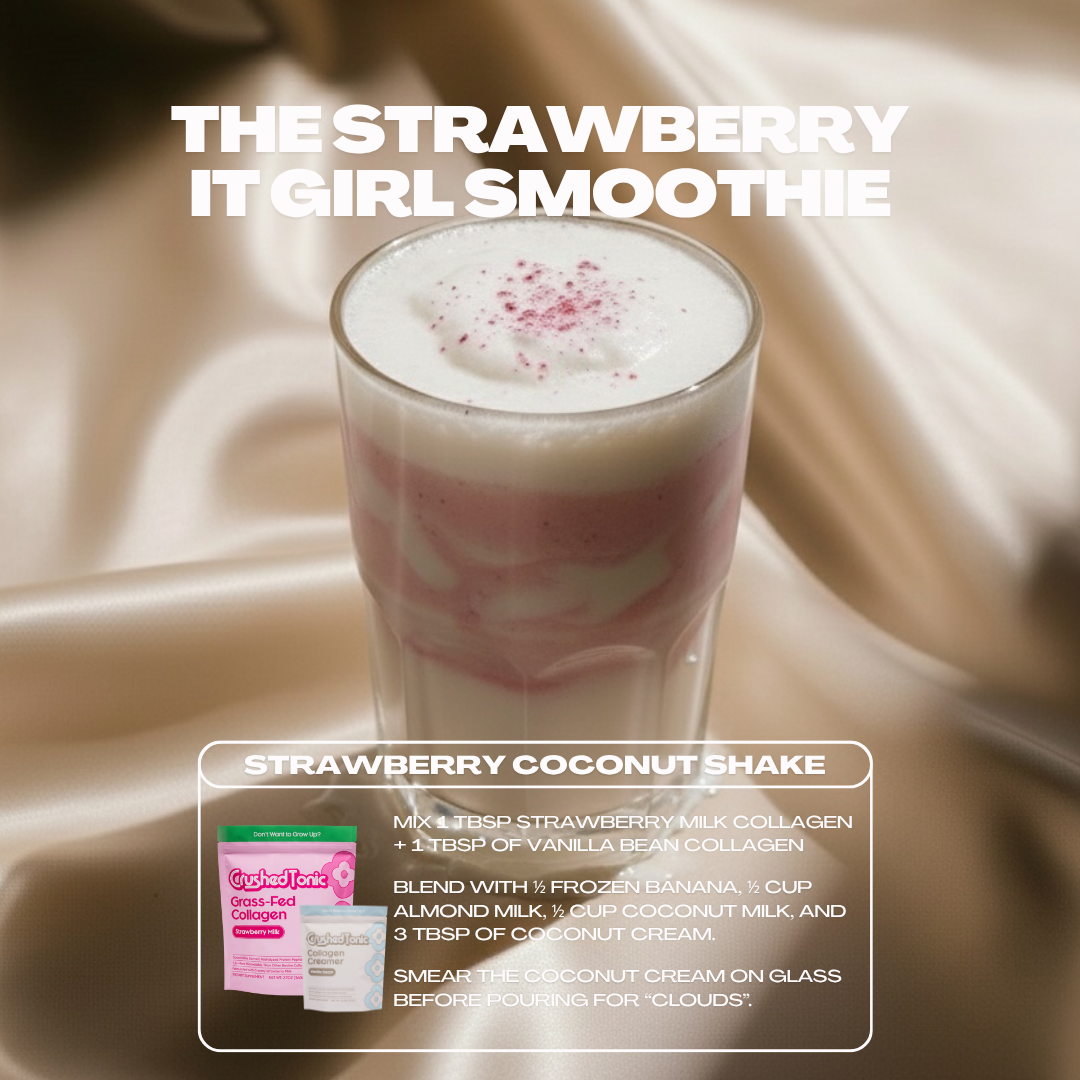
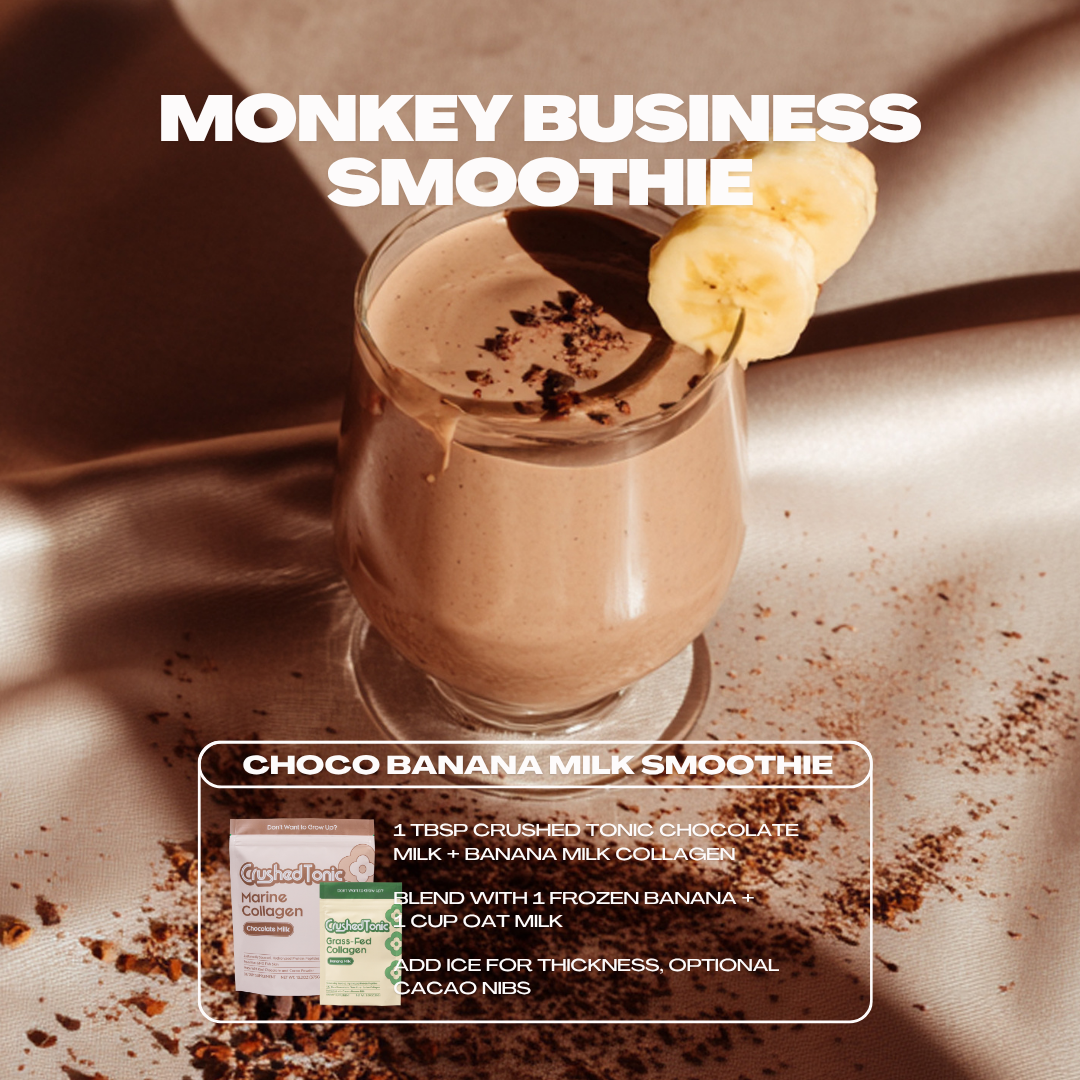
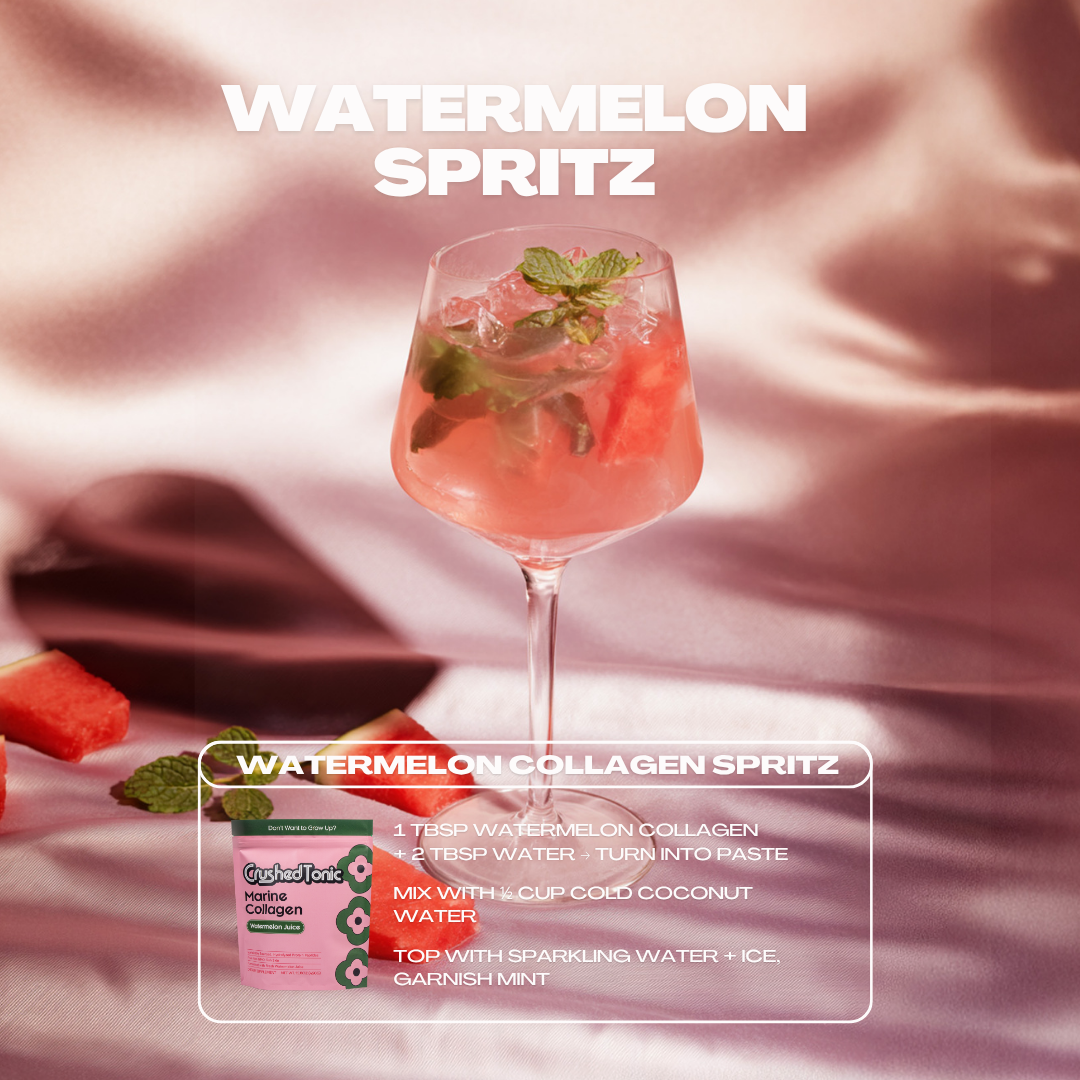
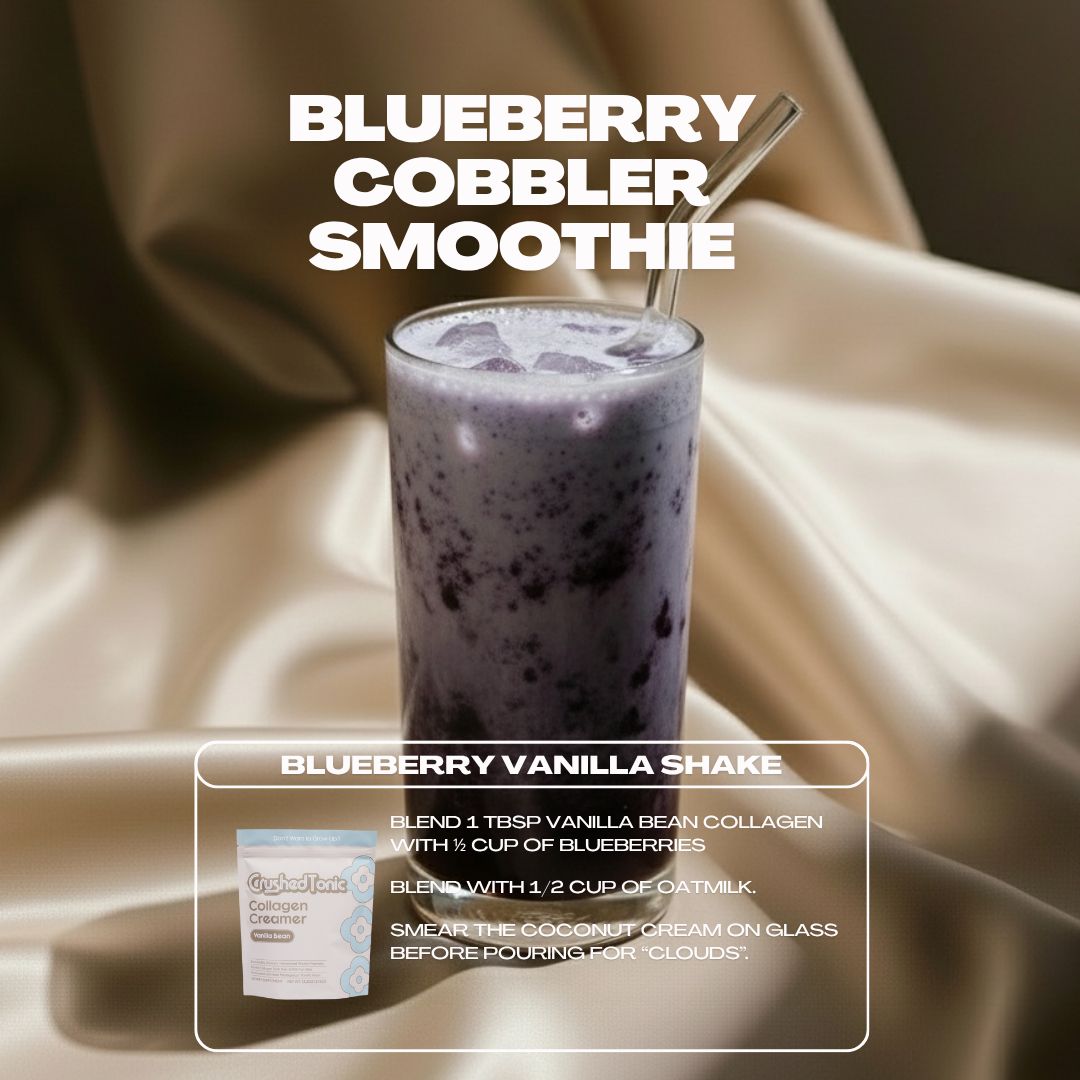






You must have heard about keratin – the protein that makes up the natural structure of hair! In fact, some of you might regularly go for keratin treatments at the salon, to ensure your hair remains strong and healthy. Keratin basically creates a protective barrier around the hair, thus keeping it soft, silky and smooth.
What are the benefits of keratin on hair?
And now we come to the problem!
Did you know keratin is depleted from the hair on a daily basis? It happens due to environmental factors and daily stressors, like heat styling, chemical services, dry or humid weather, aging, and other extreme conditions. If left unchecked, the continued keratin depletion can lead to extensive damage that result in dry, frizzy, dull, and brittle hair.
As mentioned above, keratin is a vital ingredient that is responsible for hair strength, elasticity, and health. When keratin is used in hair products and treatments, it is capable of penetrating the cuticle and creating a shield on the surface of the hair. It protects hair from structural damage, while imparting shine, smoothness, and volume. Keratin treatments involve prepping the hair, applying the treatment, and then sealing it with heat or a finishing product. This type of treatment gives soft, silky, shiny, and smooth hair that lasts from 6 weeks up to 5 months, depending on the treatment used. It can eliminate frizz, shield hair from humidity, strengthen hair shaft, and improve styling and manageability.
While keratin treatments might make your hair look amazing, the use of chemicals in them, especially formaldehyde, can have adverse effects. It could cause several health issues such as:
Long-term exposure to formaldehyde has also been linked to cancer. That is why, it is advisable to switch to keratin supplements instead, that promote production of keratin for maintaining or improving hair health.
While you can definitely turn to supplements when it comes to ingestible keratin, there are a few foods that might help as well. All you have to do is work them into your diet plan. Take a look:
Since keratin is a naturally occurring protein in the body, you shouldn’t ingest too much of it. Excessive production of keratin proteins could lead to hyperkeratosis, which is caused by inflammation as a response to skin damage, genetics, or for unknown reasons. It is imperative to talk to a healthcare provider before you consume any kind of keratin supplements.
Your cart is currently empty.